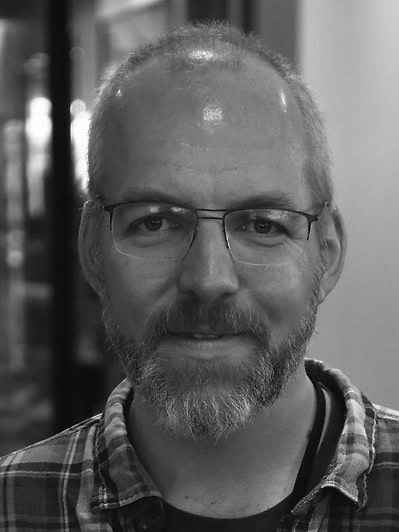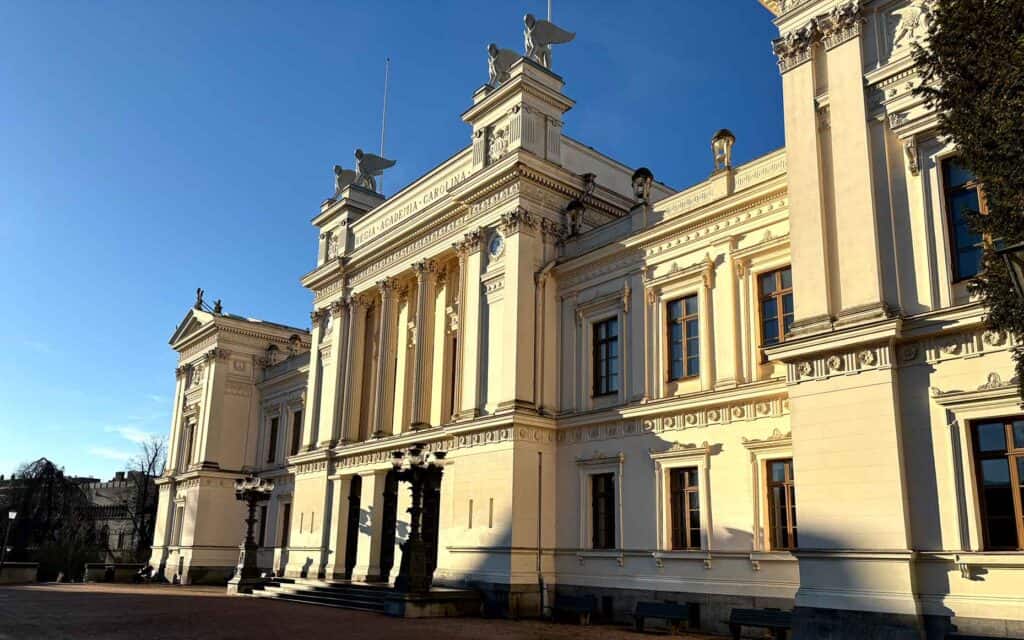Recently, calls for strengthening and protecting SULF’s democratic processes have been made through the submission of a number of motions (motions 37, 38, 39, 40, 41 and 42 eds. note) to the SULF Congress of 2024.
It is important to ensure that what might seem as a noble and ambitious goal does not compromise core values of equality and the democratic process. The following demands appear to come up most frequently:
- Introduce a minimum membership time, for example one year, before being eligible for membership in boards or demanding previous experience in boards before being eligible for a role in the election committees.
- Introduce a minimum membership time before being eligible to vote in annual general meetings.
- Increase thresholds for member engagement, for example by requiring nominations for offices to be submitted in advance of the annual general meeting.
It becomes even more concerning when these points are accompanied by suggestions to increase the duration of board mandates and claims for the sovereignty of interpretation of what characterises the Swedish model of democracy. The all-too-familiar refrain from contemporary politics is echoed here, as claims are made that SULF’s democracy is under threat and the proposed safeguards consist of limiting democratic rights.

Michael Papenbrock
Chair of SULF at Uppsala University Foto: Camilla Thulin
If SULF’s democracy is to be based on consensus and equality, there can be no single definition of what Swedish democracy is and consensus on a definition is only reached through inclusive processes based on equality. Sadly, what ties the points of these motions together is that, if implemented, they all would effectively constrain the basic democratic rights of general members. Disturbingly, such a scenario would create a structural disadvantage for employees on fixed-term employments or project-bound positions. We do not safeguard the democratic process by suppressing people’s ability to participate in that process.
At present, the practical reality for SULF members, on the example of its local association SULF at Uppsala University, is as follows:
1. Every registered SULF member is eligible to vote on issues brought up during the annual general meeting. This includes, but is not restricted to, the election of a new board and election committee. Members can also bring up their own issues for a vote through the submission of motions. When becoming a SULF member, the membership can be registered retroactively from the beginning of the running month. This means that even if you become a SULF member immediately before our annual meeting, you will have a right to vote without delay.
2. Votes are cast on propositions brought forward during the annual general meeting. Some of these take place openly, others with a closed ballot. The task for ensuring that as many members as possible are able to vote lies mainly with the board organising the meeting. Is the meeting venue accessible for as many members as possible? Does the time also allow parents to participate? Does the announcement reach all members? These are all questions that are taken into account when planning the meeting and they directly or indirectly affect your ability to vote.
3. After all ballots are cast, they are counted by two attestants in the meeting. These are elected beforehand by the members participating in the meeting. Everyone who is eligible to be present is also eligible to take on this role. We believe that encouraging rank-and-file members to take this responsibility is the best way to protect the integrity of this democratic process.
Voting rights activist Stacey Abrams summarises three key moments in the democratic process that reflect the current SULF situation described above: 1) The ability to register to vote and remain eligible, 2) the ability to cast the vote, and 3) the actual counting of the vote.
The proposed restriction of voting rights directly affects the considerations of point 1), taking away eligibility from some members. Further, the ability to cast the vote, point 2), would become more complicated and exclusionary as not every person is allowed to vote. Indeed, verifying legitimacy of cast ballots, point 3), would also become more complex and vulnerable. This adds to the overall length of the event and increases the threshold for participation.
“Democracy is based on the ideal that power should be shared. Drawing a line between members and splitting them into two groups, one with voting rights and one without, does not serve to make these democratic processes more resilient. It makes them less democratic.”
Democracy is based on the ideal that power should be shared. Drawing a line between members and splitting them into two groups, one with voting rights and one without, does not serve to make these democratic processes more resilient. It makes them less democratic. Abrams warned that “whoever has power and tries to keep that power by keeping you silent should not get to hold that power.” Faced with added layers of complexity in election processes, she continued that “democracy dies in the details.”
The propositions do not end at the restriction of voting rights, either, but include increased thresholds for nominating representatives and running for office. Examples are a minimum membership duration to be eligible to be elected as a representative or the suppression of “ground nominations” at the annual general meeting. Such measures would limit the democratic processes, maintaining the status-quo and stymieing progress. Once again, this would harm those members the most who are also the most exposed, i.e. those on fixed-term contracts or project-bound positions.
The basis of democratic representation is that we represent our community. Restricting who can stand for office limits representation. What might be a minor inconvenience or even footnote for a senior lecturer quickly becomes a matter of exclusion for a postdoc or a PhD student. We need diversity of opinion and experience in office and should therefore be working towards inclusivity, not narrowing who gets to hold positions of power.
The members of the various boards and committees in SULF are usually united by a set of shared ideals that they consider worth fighting for. Some of these are:
- the right to good working conditions and a good work environment,
- inclusion,
- academic freedom, and
- good career prospects and opportunities to thrive as an employee.
In the Swedish model, all of the above is regulated by laws and collective agreements, the latter of which are negotiated by Saco-S. SULF at Uppsala University commits to these ideals by informing members through seminars, increasing sensitivity to workplace-related problems through contact with members, and strengthening the mandate of Saco-S through continuous recruitment.
In this way, we believe that we can channel our passion for the workplace for the benefit of our members. Ultimately, however, the power lies with you, our members, where it should be.
Michael Papenbrock,
Chair of SULF at Uppsala University
















